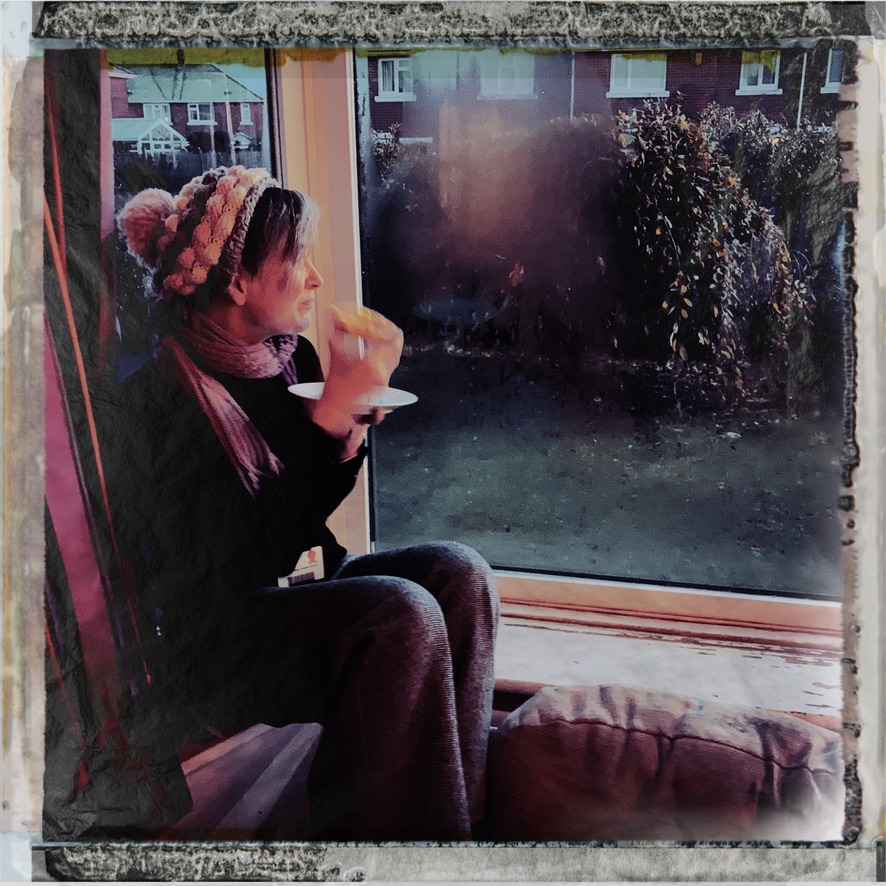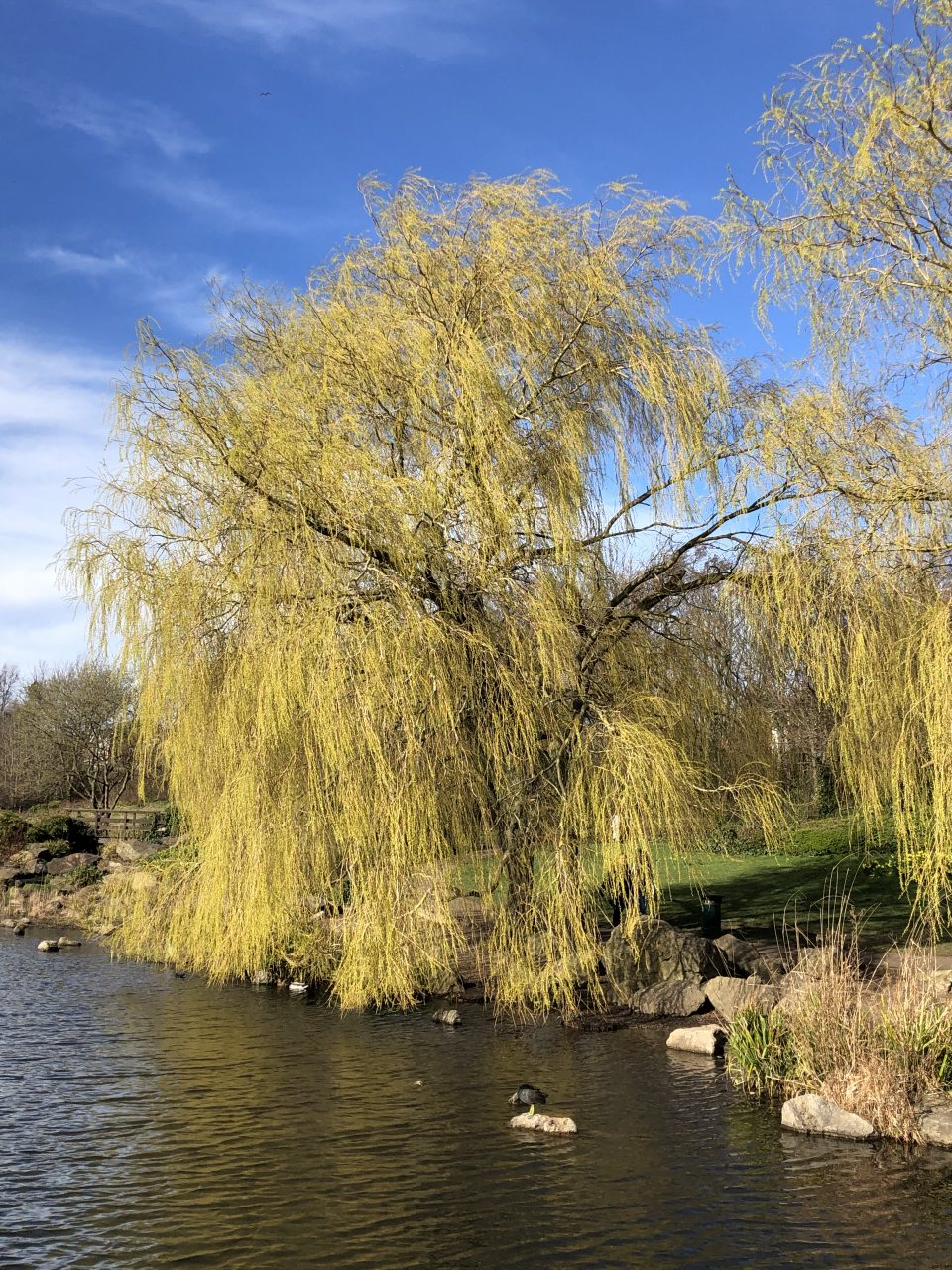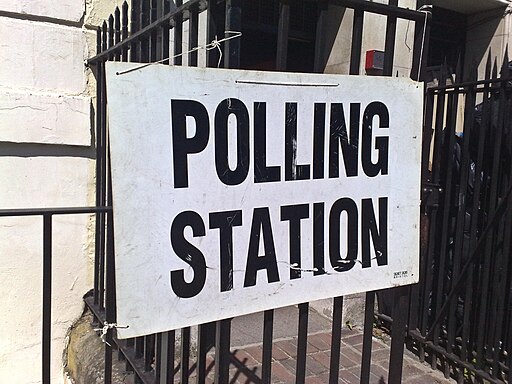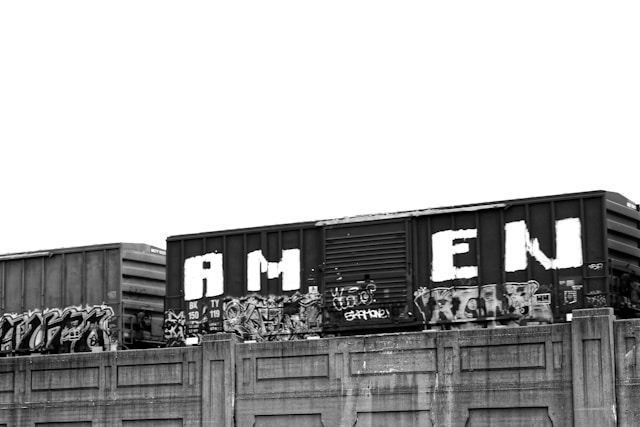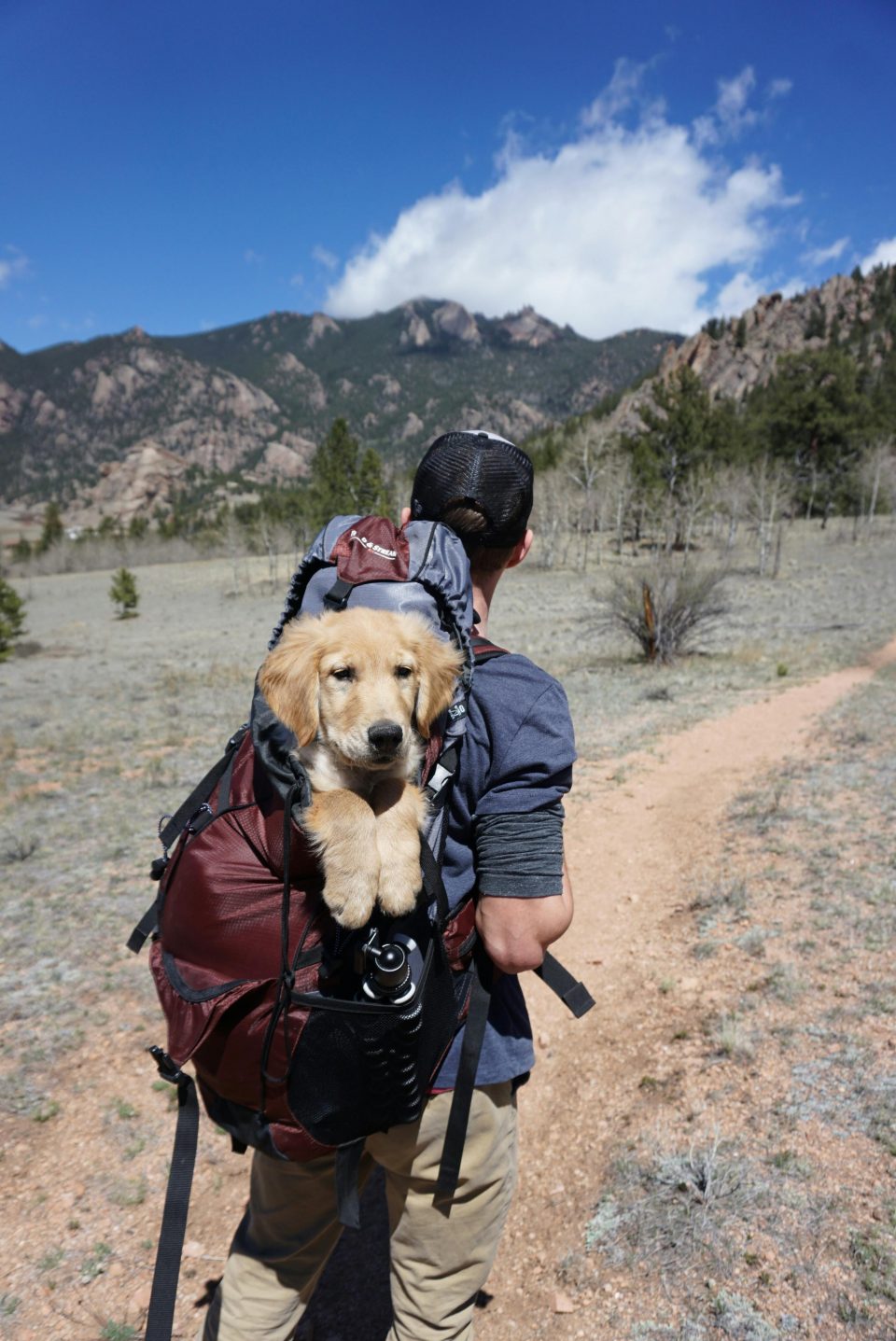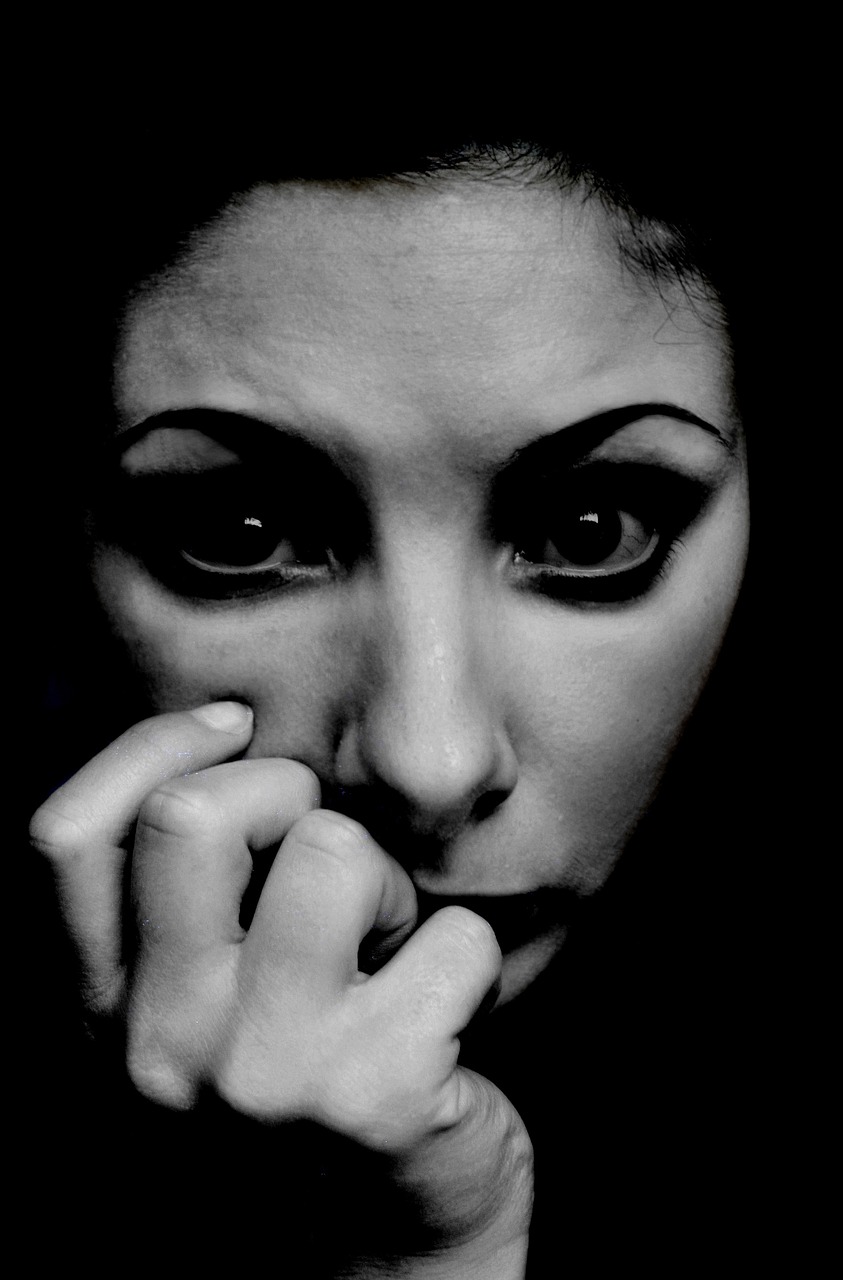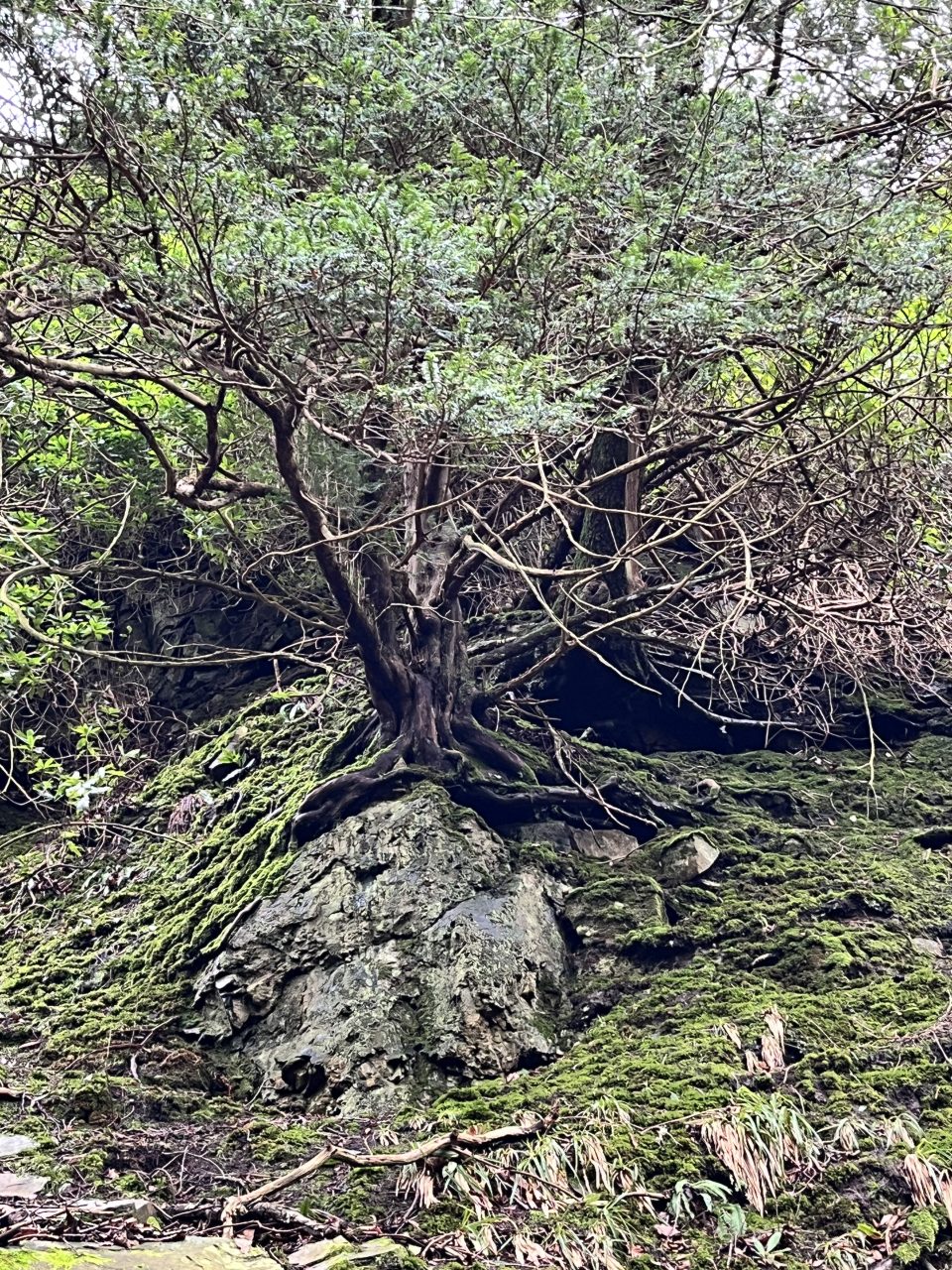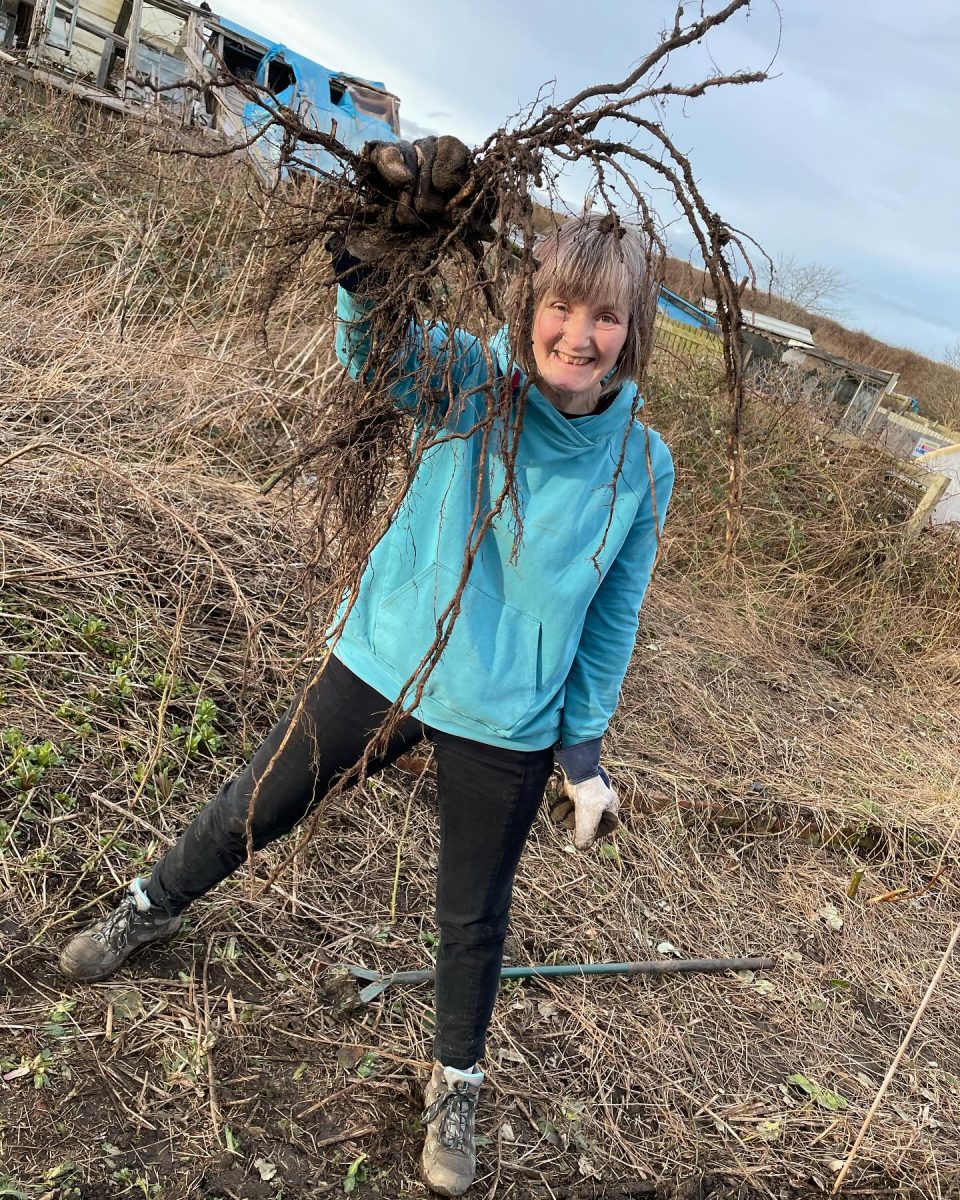Hi folks, how you doing? We are taking a break this bank holiday weekend, so we will be back as normal next Sunday night. We hope to see some of you there. Peace, Rob Rob WylieRob Wylie is the founder of BeachcomberFX and guides its leadership team. He has worked in the North East for over 20 years and has …
A short wander…
Hi folks, I trust you are doing ok? This week we are meeting for a BFX Wander, meeting at the slightly earlier time of 7.00pm at the Fish Quay by the ice cream parlour in the car park. We will then combine lifts to drive to the Royal Quays and walk back for a drink on the quay. We will …
Elections and all that…
Hello people. Hope you are well and enjoying the sunshine. This week we will be meeting at The Quarry pub at 7.30pm. This week the blog has been written by Sue. Last week we had our local elections and I was asked to write about it for this week’s blog. So thinking about this I wondered what to write should …
The cosmic hum
Hi folks, I hope you are doing ok? This week we are meeting at the Quarry Pub on the Broadway, I hope you can join us, meeting from 7.30. As I write this I am coming off the back three amazing gigs, with another to look forward to tonight, I read a blog recently by Maria Popova, and it captivated …
Amen!
We are at the Galley and Tavern this Sunday from 7:30pm. See you then lovely people. A few years ago a sermon I preached as part of a series on prayer ended up being the most controversial thing I’d ever done. Its subject was the word “Amen”. So, I thought, let’s give it another try 🙂. So let me start …
Get out of your comfort zone
Welcome back everyone! Hope you have enjoyed the long weekend last week. We are meeting this week (7th April) at the Enigma Tap at 7:30pm. Everyone is welcome. This weeks blog is from Naomi. So, I’m sitting here on a Monday morning writing this, when normally I would be enjoying a lie-in on my day off. The reason being? Well, …
Hopelessness…
Hi folks, I hope you are doing? This week we are meeting in the Quarry pub on the Broadway, it would be lovely to see you if you are able. This next week, I have another birthday… Ugh! It’s in that spirit that I offer the following pondering. It seems to me that we are often faced with a sense …
Weeds and Roots
Hi folks, hope you are doing ok! This week we are meeting at the Tavern and Galley, 71 The Links, Whitley Bay NE26 1UE. Meeting at 7.30 for those of you who are around. This week i’m thankful that John Cooper has provided this weeks blog for us. Forgive me for a second allotment-based blog this week. I’m the type …
Cynicism
Here is this weeks blog! hope you enjoy it. We are meeting at the Enigma Tap on Sunday at 7:30pm see you all then. Claire and I have recently got an allotment. During half-term we started to clear it off and we had many of our neighbouring allotmenteers pop around to introduce themselves. All of them advised us to: “take …
Pubs!
Hi folks, hope you are doing ok! This week we are meeting in the Quarry from 7.30, it would be great t see you if you are able. This weeks blog is written for us by Karen. In 2018 the Mirror reported on research into pub conversations. It found that pub chat is at its absolute best after precisely 3.3 …
